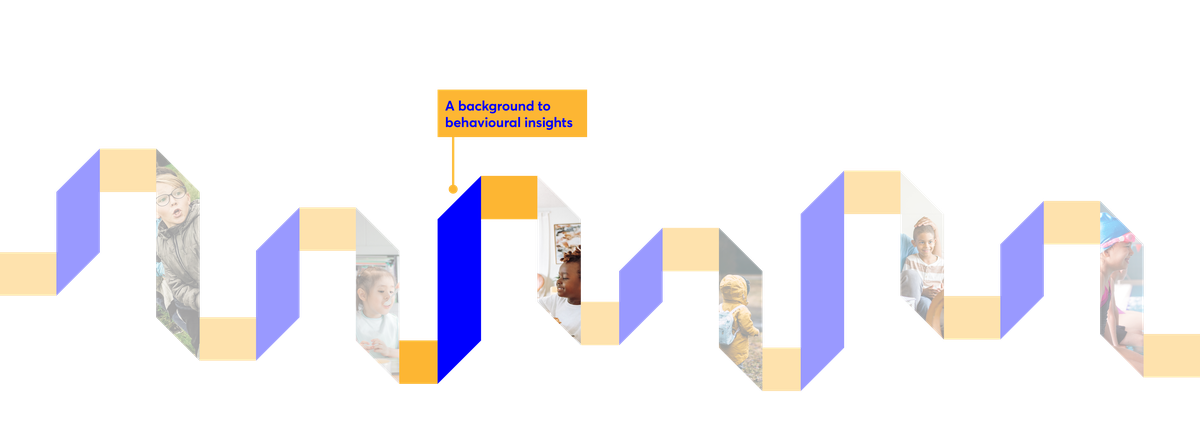Imagine that you want to buy a subscription to The Economist. You can choose from the following three subscription options:
- Online subscription (£59.00)
One-year subscription to Economist.com.
- Print subscription (£125.00)
One-year subscription to the print edition of The Economist
- Online + print subscription (£125.00)
One-year subscription to the print edition of The Economist plus online access.
Which would you pick?
Whatever your views on the merits of reading on paper as opposed to screens, we expect that you did not choose option two. It’s not a great deal. Why would you go for a print-only subscription if it’s the same price as a print and online subscription combined?
When some researchers performed this experiment with a group of MBA students, this is what they found - most selected option three, and a minority selected option one. Nobody selected the print-only subscription.
What’s interesting is what happened next. The researchers also did a version of the experiment where they only showed participants two options: print & online (option three) and online only (option one). They found that the students’ preferences flipped, and many more chose the cheaper option.
What’s happening here is that our judgments are not just determined by how good or bad the subscription offer actually is. They are comparative choices, affected by the other alternatives available to us. The middle option in the first scenario (print-only) is acting as a decoy, which makes the print & online option look more appealing. It diverts our attention away from how much cheaper the online only option is.
What’s the lesson of this example? It’s that our choices, preferences and behaviour can be highly sensitive to context.
An introduction to dual systems theory
This example comes from a large body of psychology research about how we process information and make decisions. A key part of this research, and a foundation of behavioural insights approaches, is Dual Systems Theory, usually associated with the work of Nobel Laureate Daniel Kahneman.
Kahneman’s work divides the brain into two ‘systems’. We have a fast system (System 1), which operates automatically and effortlessly, and allows us to make quick decisions. We also have a slow reflective system (System 2), which is used for effortful mental activities. You could think of System 2 being what we use to learn to drive and System 1 as what we use to drive once we’ve learned.
We like to think of ourselves as operating in System 2 when making decisions – carefully weighing up pros and cons and deciding what to do. But what the research suggests is that in reality, we often make decisions with limited time or information, or based on snap judgments. This is System 1 thinking.
Designing for system 1 can lead to dramatic successes
In 2012, the UK Government introduced pension auto enrolment, meaning that if an employee did not want a workplace pension they needed to actively opt out. As a result, the proportion of employees with a workplace pension rose from 55% in 2012 to 87% by 2018.
Most people understand the importance of paying into a pension. But sometimes the perceived complexity of the decision can mean that they procrastinate indefinitely. Using System 1 thinking, people tend to stick with whatever the default option is and previously the default was not to have a workplace pension. This example shows how policies can be enhanced when we bear System 1 in mind.
It also brings us back to childcare. As it stands, most parents and carers need to proactively apply to receive a funded childcare place. Changing the default would be a good way to ensure more children are receiving the childcare they are eligible for.






